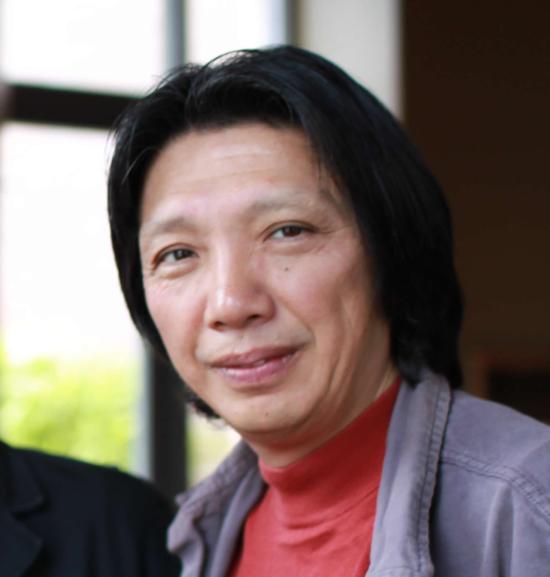By Xiao Qiang
In his 2016 book The Perfect Dictatorship: China in the 21st Century, Norwegian political scientist Stein Ringen describes contemporary China as a “controlocracy”, arguing that its system of government has been transformed into a new regime radically harder and more ideological than what came before. China’s controlocracy now bears primary responsibility for the coronavirus epidemic that is sweeping across that country and the world.
Over the past eight years, the central leadership of the Communist Party of China has taken steps to bolster President Xi Jinping’s personal authority, as well as expanding the party’s own powers, at the expense of ministries and local and provincial governments. The central authorities have also waged a sustained crackdown on dissent, which has been felt across all domains of Chinese social and political life.
Under the controlocracy, websites have been shut down; lawyers, activists, and writers have been arrested; and a general chill has descended upon online expression and media reporting...
By January 23, when the government finally announced a quarantine on Wuhan residents, around five million people had already left the city, triggering the epidemic that is now spreading across China and the rest of the world...
Xiao Qiang is a research scientist at the UC Berkeley School of Information.










